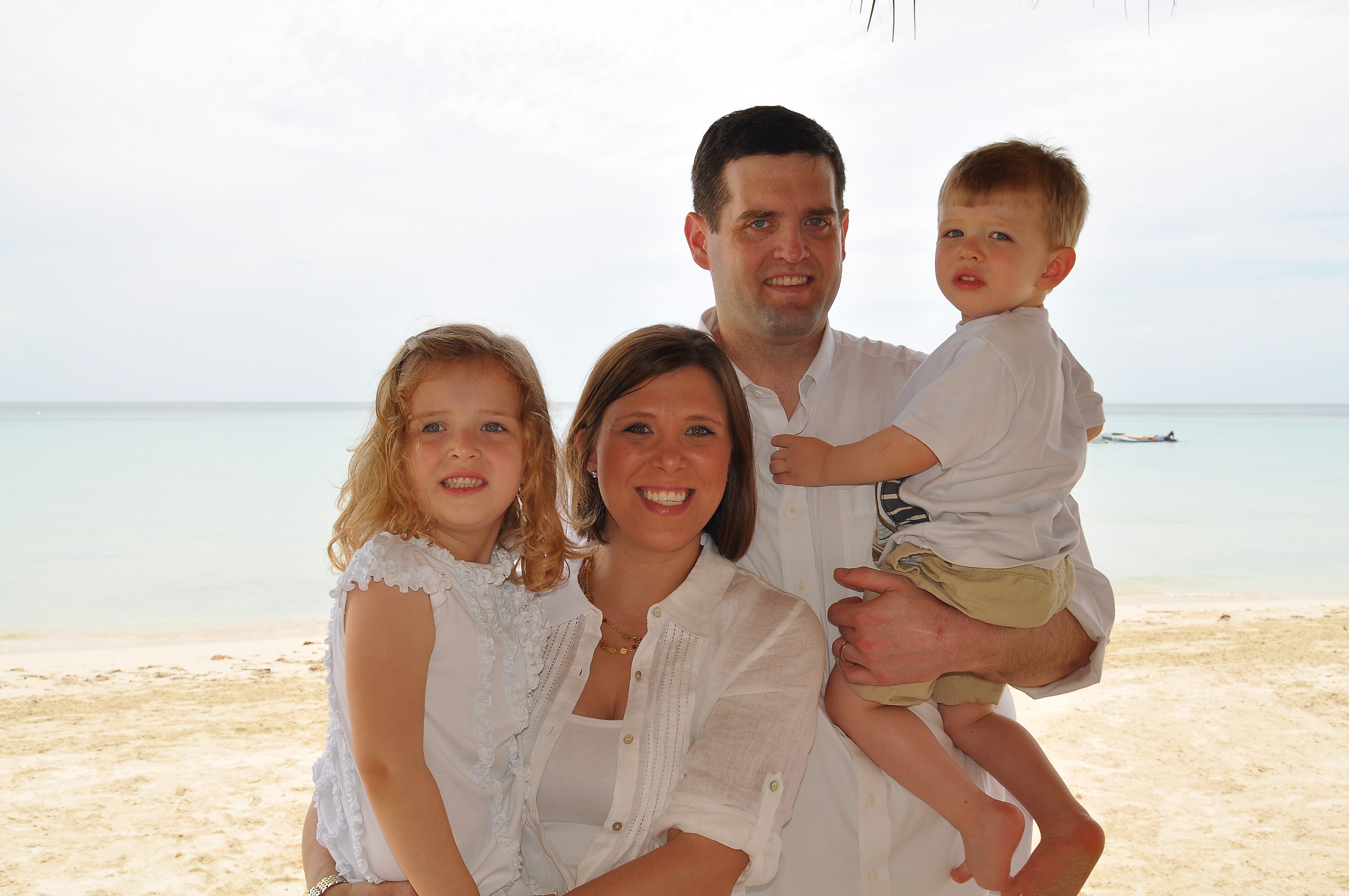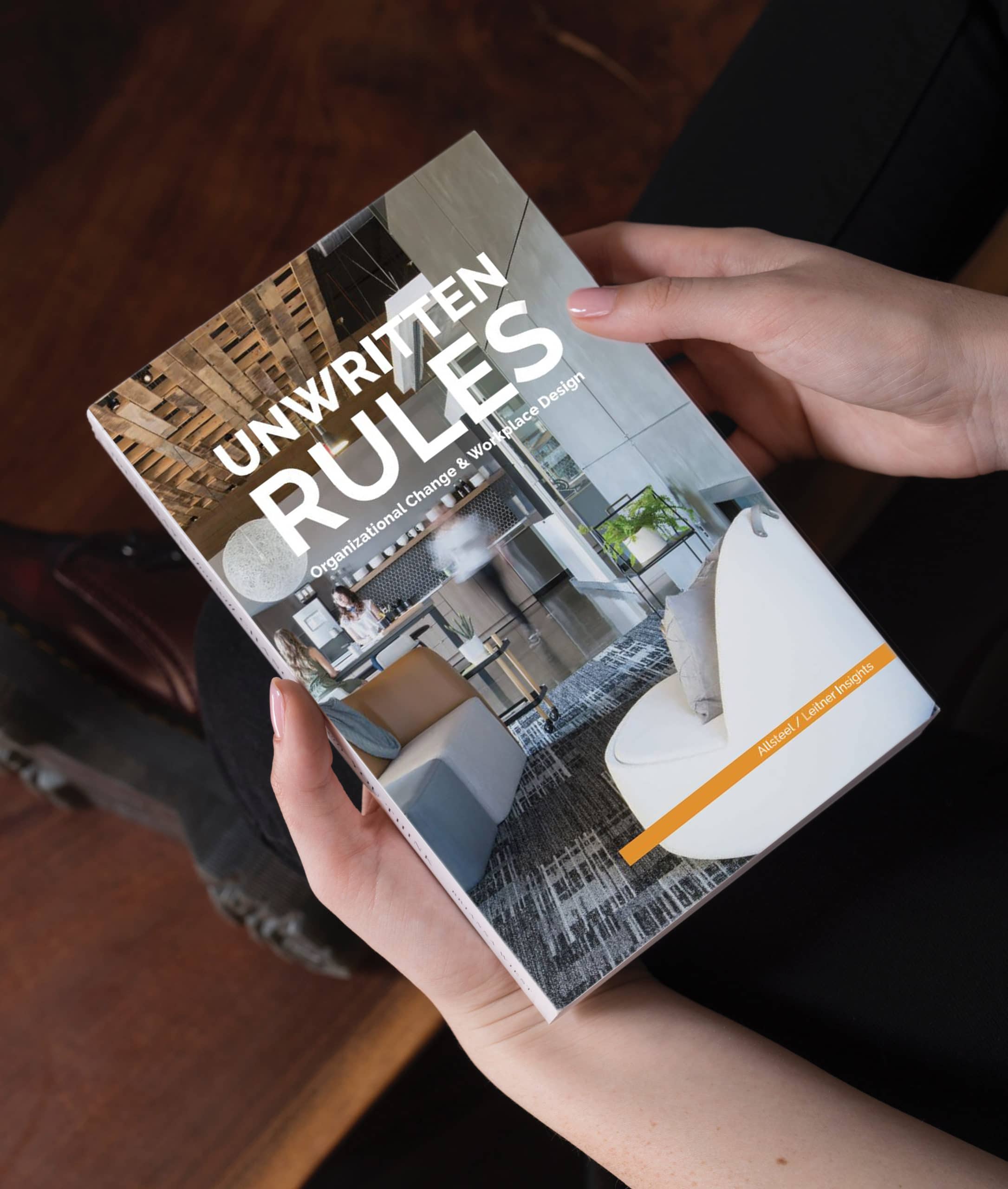Is it possible to work less yet achieve more?
The global economy is unstable, fewer jobs are available and those that have jobs are working harder then ever. With pressure to work longer and harder, is there a different way to approach work? One that will inspire employees to greater heights of productivity and excellence by working less?
The experts say that greater productivity and higher quality work doesn’t result from increasing the pressure. Having to meet higher quotas or be in fear of losing one’s job is the fastest way to ensure exactly the opposite. Instead, those in leadership roles within the organization are encouraged to take a very different approach.
Better performance at work is the result of people feeling more secure and in control of their lives.
This response to environment begins early in life. Researcher and psychologist, John Bowlby, calls this having ‘a secure base’. He says that feeling loved and cared for is, in fact, critical for our survival and to our sense of trust and security throughout our lives. Our earliest experiences, combined with our work environment experiences color our performance at work. Unhappy, insecure workers produce less than optimal quality work. When employees feel that their supervisor and their employer do not care about their personal welfare, they tend to mirror that attitude back toward their job.
Conversely, employees who feel that their employer has their best interests at heart and who do not fear losing their jobs because they request time off for personal reasons, are far happier and more productive and work to a higher standard.
Leading companies, such as LinkedIn, Virgin and Netflix may streamline their organizations to make them more efficient and more able to compete in current markets. This streamlining may sometimes necessitate letting staff go, as has been the case recently with Twitter. But that’s not the whole story.
These organizations are adopting a significantly different approach toward their employees going forward. They are opting to hire better employees for the long term, rather than growing their employee base when times are good and laying people off when earnings shrink. In order to attract better, more skilled employees, they’re offering a variety of incentives designed to create an environment where their people feel appreciated and cared for.
For instance, LinkedIn, Virgin and Netflix are offering employees ‘unlimited’ vacation, meaning employees are free to request paid time off for personal reasons as needed. LinkedIn’s H.R. Executive, Pat Wadors wrote in a blog post that “it’s an important step to help employees recharge and keep engaged.”
As a consequence, employees feel much more in control of their life work balance which makes them feel happier and more secure. The company benefits in more than one way. Firstly, their employees tend to be happier and more loyal therefore producing a higher quality of work. Secondly, the company ends up paying out less in unclaimed vacation pay which can add up to substantial amounts each year as employees tend to take less and less vacation time.
Time off is perceived as a significant perk, especially when it comes to the birth of a child where both mother and father would like to spend time together with their newborn getting used to this major change to their family dynamic. Many well known companies are offering generous paid maternity and paternity leave to employees:
- Twitter offers up to twenty weeks of paid maternity leave and up to ten weeks of paid ‘bonding time’ leave for other parents
- Facebook offer four months of paid leave to new parents
- Microsoft offers up to twenty weeks of paid maternity leave and twelve weeks for fathers
- Adobe offers twenty-six weeks of paid maternity leave and sixteen weeks of paternity leave
- Netflix offers up to a year off for new parents.
Given that paid maternity leave is not mandatory in the U.S., this is a much appreciated and highly coveted perk.
Another perk which may become more common in future are shorter work days or shorter work weeks, giving employees more time to spend with their families.
Shorter work hours are much more common in Europe than they are here in North America, but some feel that they would not only benefit employees and employers, but also the economy as a whole.
Productivity tends to rise when people work shorter hours as they have more energy and are more able to produce better quality work. The more tired you are, the more likely you are to make mistakes that cost money and time. Shorter hours will usually not affect productivity, but, if there is a concern that deadlines might not be met, it gives employers the ability to offer ‘job sharing’ options, thus creating more jobs, which is obviously good for the economy.
Shorter working hours have been successfully implemented in some tech companies in Sweden, including Philimundus and Brath, as well as experimented with at a Swedish government run nursing home. Closer to home, Portland, Oregon’s Treehouse, say that their shorter work hours are of significant benefit to the company and it’s employees.
Flexible working hours have been gaining popularity in America for some time, as has remote working. It looks as if shorter work hours and more generous paid leave policies could be the next wave of change in an effort to retain our most important business assets: our people.
https://www.nytimes.com/2015/10/03/business/dealbook/to-get-more-out-of-workers-invest-more-in-them.html?_r=1
https://www.businessinsider.com/reasons-companies-offer-unlimited-vacation-policies-2015-10
https://www.businessinsider.com/linkedin-moves-to-unlimited-vacation-17-paid-holidays-2015-10
https://www.businessinsider.com/facebook-parental-leave-policy-2015-8
https://www.businessinsider.com/generous-parental-leave-policies-in-america-2015-8




